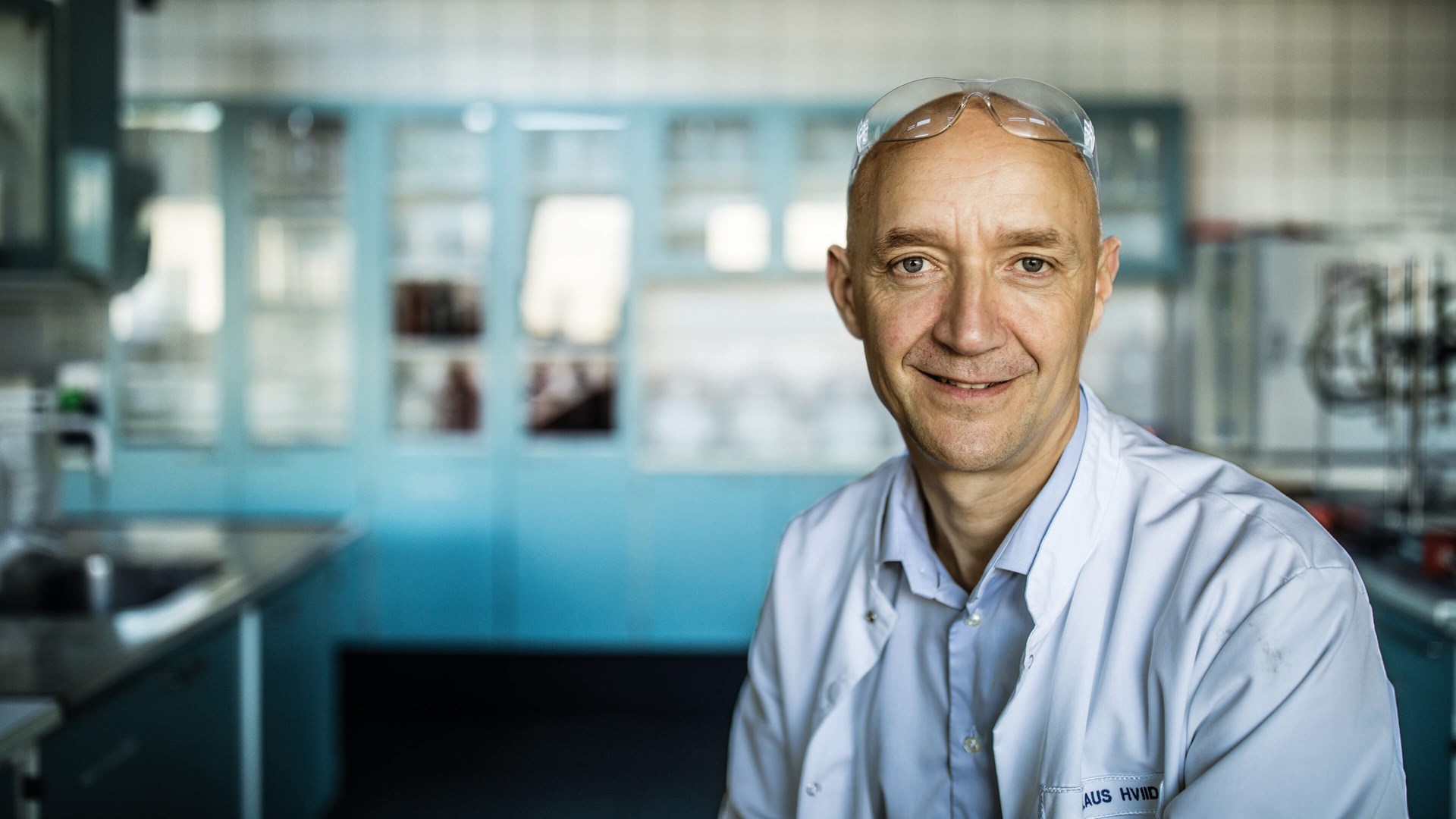Leaving the Fossil World Behind
The crucial question is where to get the carbon from as we seek to reduce fossil depletion, and what would the world look like without fossil resources. There is a lot of hype around ‘bio-based’, ‘circular’ and ‘renewable’ developments, but many of them still need to prove their feasibility on a large industrial scale. One major exception is our plant-based additives technology, which has taken off from classical food emulsifiers and is rapidly transforming other markets, in particular plastics.
While Nexus was created in 1949 to support the ongoing innovation at Palsgaard, we also take pride in our ‘out-of-the-box’ thinking to capture longer-term market opportunities, on which we spend at least 25 percent of our work and time. However, the longer term can often melt down to a rather short period. Only four years ago, for instance, we discovered that a special emulsifier which had originally been developed for chocolate can also have an instrumental effect in improving colour dyes for plastics. The result was a completely new range of Einar® dispersing aids for pigments in polymer masterbatches.
A similar story of success where an edible food ingredient has jumped to plastics is the applied technology behind the Einar® portfolio of anti-fog and anti-static surfactants, whose chemistry is basically characterised by the same long amphiphilic molecules more typically associated with emulsifiers. As ‘dual use’ food-grade products, these plant-based additives are fully EU and FDA approved for food-contact polymer applications.
Pushing the Boundaries
Further research at Nexus reaches far into other non-fossil resources and chemistries, including algae and natural nanoparticles. As we explore the future potential of these, our vision also extends beyond ingredients or additives. We could even imagine Palsgaard playing a major role in supplying some of the main building blocks for 100 percent renewable polymer formulations.
The people pushing the boundaries at our Nexus R&D laboratory at Juelsminde, Denmark, are a highly motivated and inspired team of 45 qualified chemists, research engineers and laboratory technicians who synergize in two groups: One analyses fundamental molecular behaviours of natural resources, investigates reaction mechanisms, characterises final plant-based products and assists Palsgaard in controlling consistent product quality; the other is mainly responsible for inventing new products, improving others and optimising production processes.





